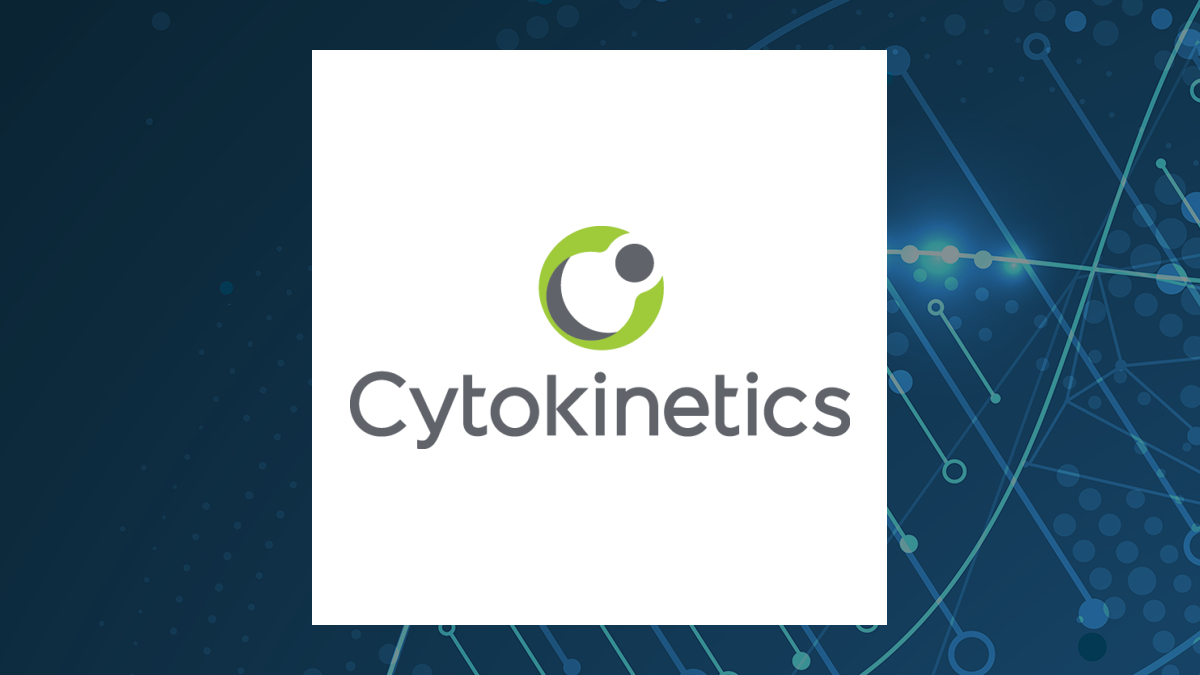Pregnant women often experience back pain and other discomforts that are frequently dismissed as normal. However, research indicates that this pain can lead to significant suffering and long-term health issues if left untreated. According to a nurse researcher, who has studied the impact of pregnancy pain across the United States, it is crucial for both health care providers and families to take these complaints seriously.
Many expectant mothers report pain during pregnancy, with estimates suggesting that between 50% and 75% experience this issue. Unfortunately, a substantial number of these women do not receive adequate treatment. Fears about potential harm to their unborn child often lead mothers to avoid medications and therapies. Yet, many are unaware of the detrimental effects untreated pain can have on their health and well-being.
Understanding the Impact of Pregnancy Pain
Pregnancy-related pain is often characterized by back pain, headaches, and pelvic discomfort, which can persist beyond childbirth. The hormonal changes that occur during pregnancy can lead to headaches and the loosening of pelvic joints. Additionally, as the weight of the unborn baby increases, it may cause the spine to curve abnormally, a condition known as lordosis. Pain typically intensifies during the third trimester when the baby’s weight peaks.
Despite the prevalence of this pain, a meta-analysis has revealed that more than 50% of mothers who report discomfort receive little to no treatment from their health care providers. Current pain management options are limited. While Tylenol is considered safe, it is only effective for mild pain. Alternative treatments such as physical therapy, chiropractic adjustments, and exercise can be beneficial but are often not covered by insurance, making them inaccessible for many mothers.
The consequences of untreated pain extend beyond physical discomfort. Many mothers find themselves torn between managing their pain and fulfilling their responsibilities at work and home. As a result, they may feel guilty for not being able to care for their children or meet work expectations, leading to feelings of helplessness and depression. Research conducted by the nurse’s team indicates that around 44% of women experiencing severe pain report moderate to severe depressive symptoms during their third trimester.
The Urgent Need for Improved Pain Management
The implications of untreated pregnancy pain are severe. Mental health challenges can arise, with untreated depression contributing to various risks, including maternal suicide, which accounts for 5% to 20% of maternal deaths in the United States. Furthermore, the mismanagement of pain can lead to the prescription of opioid pain relievers. Approximately 1 in 5 women with pain report misusing these medications during pregnancy, which can result in withdrawal symptoms for newborns, known as neonatal opioid withdrawal syndrome. This condition is increasingly common and incurs costs exceeding 462 million USD annually.
For effective pain management, communication between pregnant women and their health care providers is essential. Studies suggest that mothers should express their pain clearly and inquire about available treatment options. Utilizing “I” statements can help articulate feelings, allowing for a productive dialogue with health care professionals.
Mothers must feel empowered to advocate for their health. If experiencing persistent pain that disrupts daily activities, they should not hesitate to request further evaluation or referrals for physical therapy or alternative treatments. It is also critical for them to have open discussions with family members about their needs and limitations during this period.
In conclusion, recognizing and addressing pregnancy-related pain is crucial for the well-being of mothers and their families. By fostering a supportive environment and encouraging proactive discussions, health care providers can significantly improve outcomes for expectant mothers. Relief is achievable when pain is treated seriously, rather than dismissed as an inevitable aspect of pregnancy.







